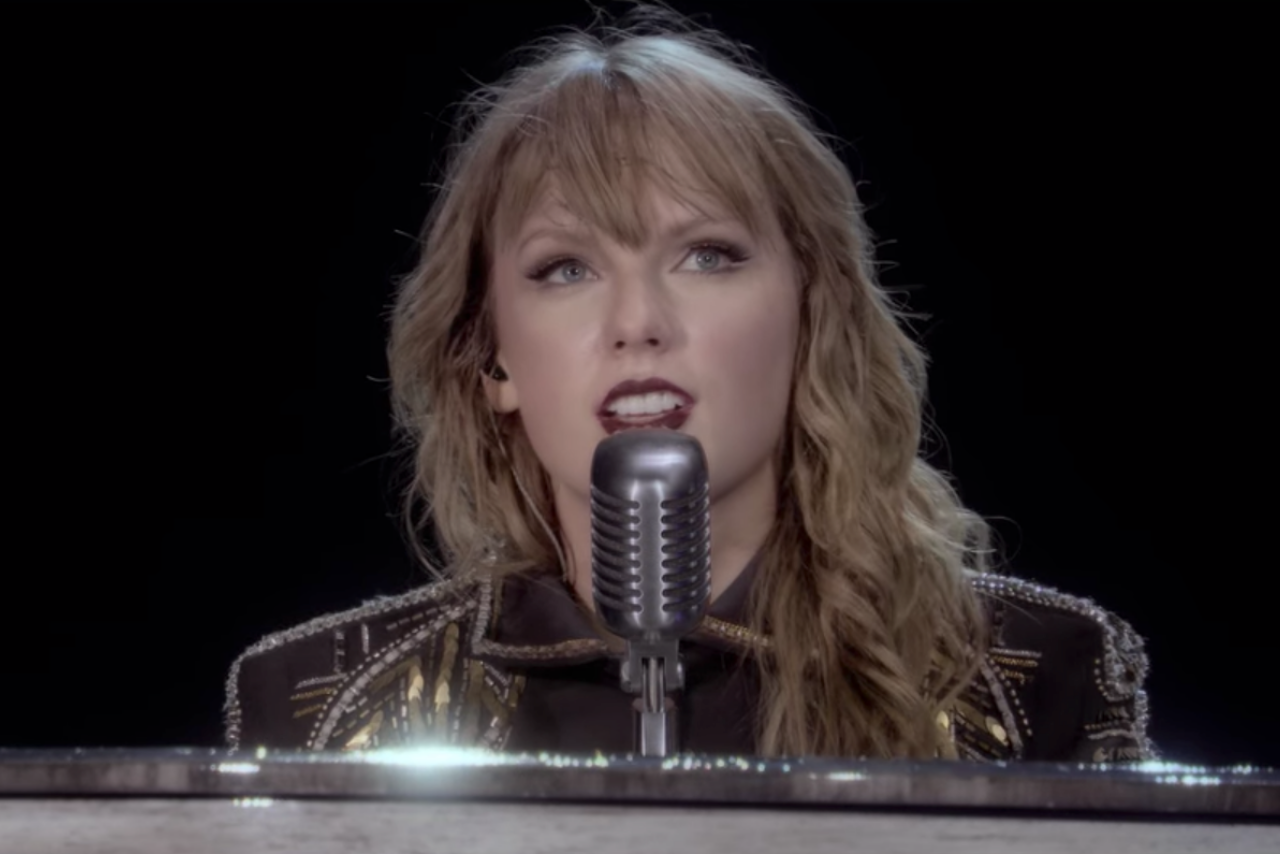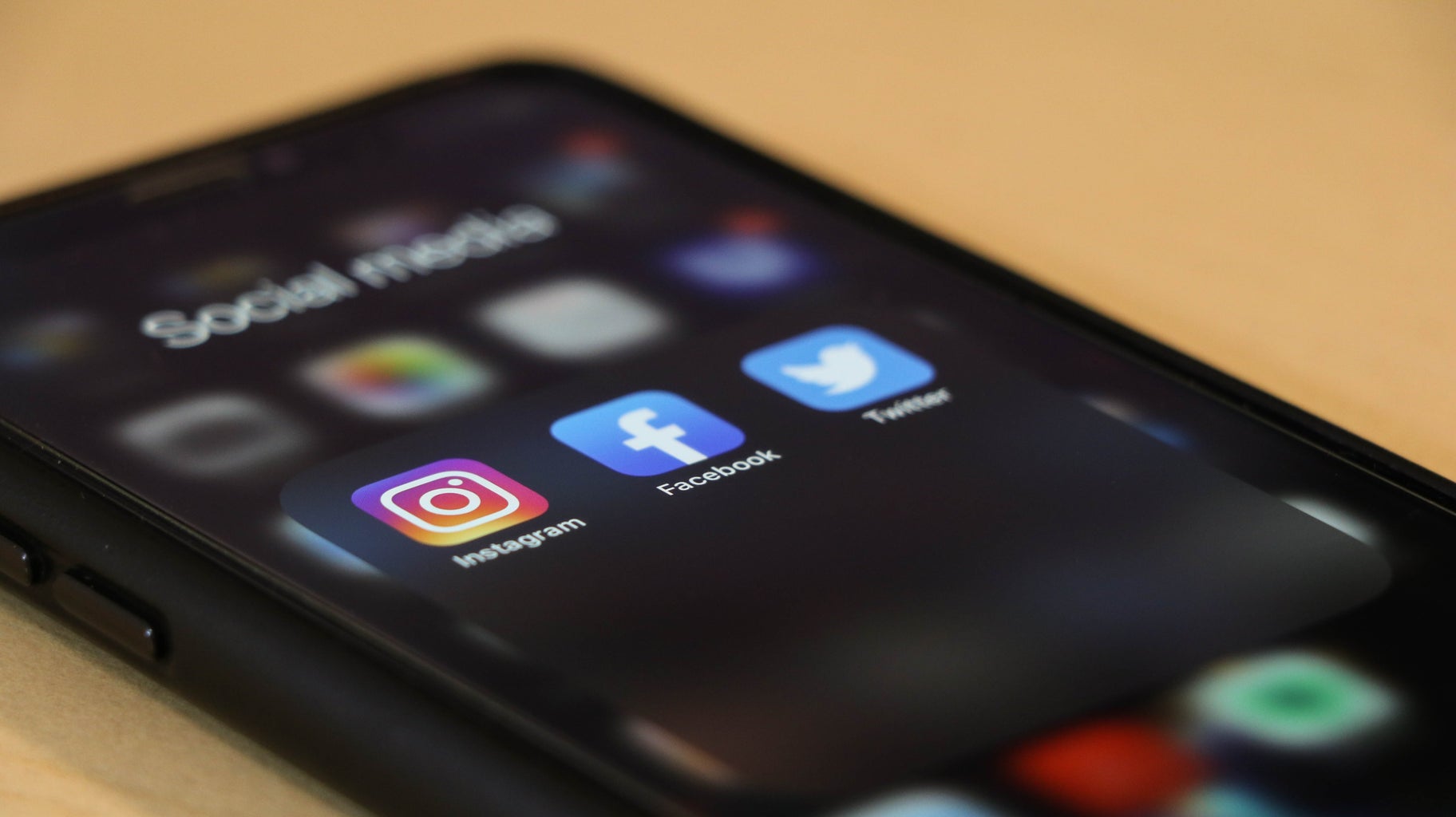Got bad blood after losing a ProbleMATTic Ticketmaster battle with scammers promising front-row seats to your favorite show at hard-to-believe prices? I do too. From Taylor Swift to Beyoncé, Matt Rife, The 1975, and even Barbie, ticket scams are on the rise more than ever, and with tickets for Swift’s 15 new Eras Tour shows going on sale on Aug. 9, nobody wants their wildest dreams blinding them into handing over hundreds of dollars to a scammer.
Swift announced on her Instagram that she’ll be coming back to North America with opener Grace Abrams, for shows in Miami, New Orleans, Indianapolis, and Toronto, Canada from October to November 2024. The only way to be the first to grab tickets is to have registered for Ticketmaster’s Verified Fan Registration on Aug. 3 to 5 and been notified that you were given access or added to the waitlist.
The Ticketmaster announcement says, “Ticketmaster is helping artists give their fans a better opportunity to purchase tickets by creating an extra line of defense against bots and professional resellers who are looking to sell tickets for profit.” We’re really hoping that round two goes better than the first.
Prices for concert tickets have not only skyrocketed, but the tickets themselves have become scarce — leading to an increase in scammers scouring the internet. Although you may quite literally be willing to give an arm and a leg to see one of Rife’s 115 tour dates or one of Swift’s recently added shows, don’t let it fool you into giving someone your bank information.
Here are some tips and tricks to ensure you’re crying teardrops on your overpriced stadium snacks this concert season instead of crying on the phone with the bank combating fraud.
- Verify the ticket seller.
-
USAA’s VP of Fraud Operations, Jeff Wolfe tells Her Campus, “Know your seller, I would not deal with somebody you don’t know. Go with the reputable sellers. They have a brand and reputation to protect.”
Use websites like VerifiedTicketSource.com to verify that you are purchasing from a registered ticket reseller. Always use protected payment methods: That means no paying with cash, debit, gift cards, or wire transfer to the person you met in a Facebook fan group or on a social media thread. If you’re unsure where to look, it’s always best to go through a verified reseller like Ticketmaster or StubHub to ensure you’re not getting scammed.
- Beware of phishing scams.
-
Phishing scams via text or email can be convincing, using official-looking seller logos, return email addresses, and even personal information about you to lure you in. Clicking these links can add malicious software to your device, allow the scammer to track your online activity, and steal your financial information. The FTC has a guide to help you recognize phishing scams, avoid falling victim to a phishing attack, and report suspicious attempts.
- Buying tickets from Facebook? Take a second look.
-
Check the seller’s profile and see how recently their account was made, how many friends they have, and if they have recent, frequent, and engaging posts. If the last post on their profile was made last month and they have only 10 friends all with inactive profiles, more than likely, they’re a scammer with a fake profile.
“We definitely see a lot more scammers use social media to learn about their victims. That’s a method that fraudsters will use to try and build comfort or familiarity, get their victims to feel more safe as they make that transaction,” Wolfe says. With sellers like Ticketmaster partnering with social platforms like TikTok, beware of scammers taking advantage of this and selling to you under false pretenses.
- Don’t be pals on PayPal.
-
Never send funds to someone as “Friends and Family” on PayPal and always send as “Goods and Services.” By doing this, you have a better chance of disputing the purchase and it will be covered under the PayPal Purchase Protection Program. Other money transfer services like Venmo and Zelle do not have payment protection options if you do not receive your tickets and you’ll not only be left without your money, but also left home with no show to attend.
“Really understand the terms and conditions of the payment method you’re using should something go wrong,” Wolfe advises. “Generally, debit card and credit card is going to be much safer than using something like Venmo.”
- Seller outside the gate? Not worth the headache.
-
There will be plenty of people selling physical tickets outside concert gates and there are many attendees that will show up the night of in hopes of getting tickets to a sold-out show or at a cheaper price than online. Although this may seem intriguing and like the only chance to guarantee your seat, there is no way to verify the legitimacy of these tickets. Don’t fall for waving hands and paper tickets. Desperate times should not call for desperate measures in this case!
- Know when it’s too good to be true.
-
If the price, seats, or show seems too good to be true, it’s because it probably is. Slow down, take your time, and do your research on the tickets you’re buying and the seller you’re buying them from. Scammers will utilize a sense of urgency to lure you into bad deals and scam you out of any chance you may have had.
Lastly, if you have been scammed, immediately report the fraud to your bank, the Better Business Bureau (BBB) Scam Tracker, and the Federal Trade Commission (FTC) to prevent others from being scammed. As for the scammer? Don’t worry: Karma is coming back around.





